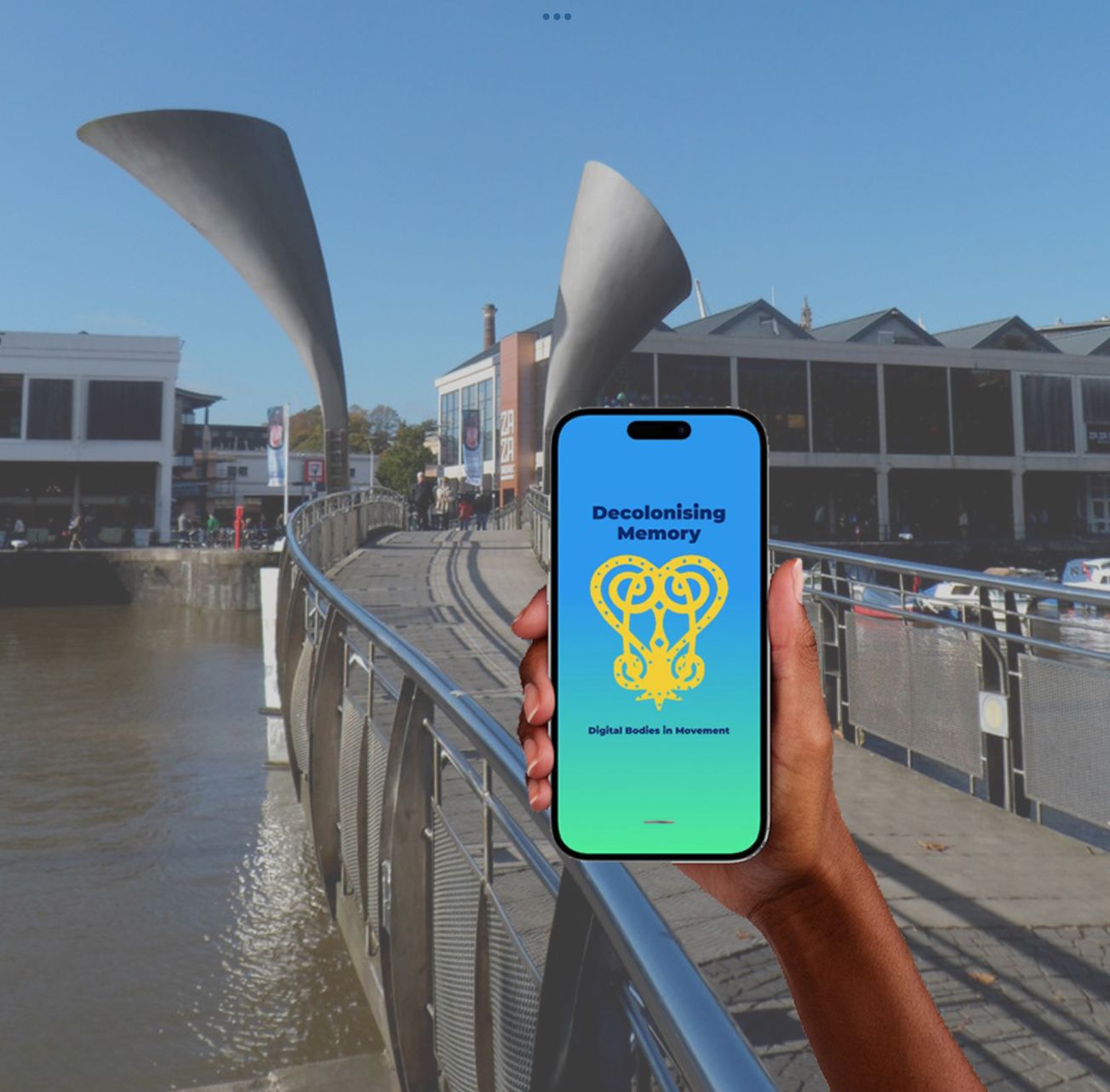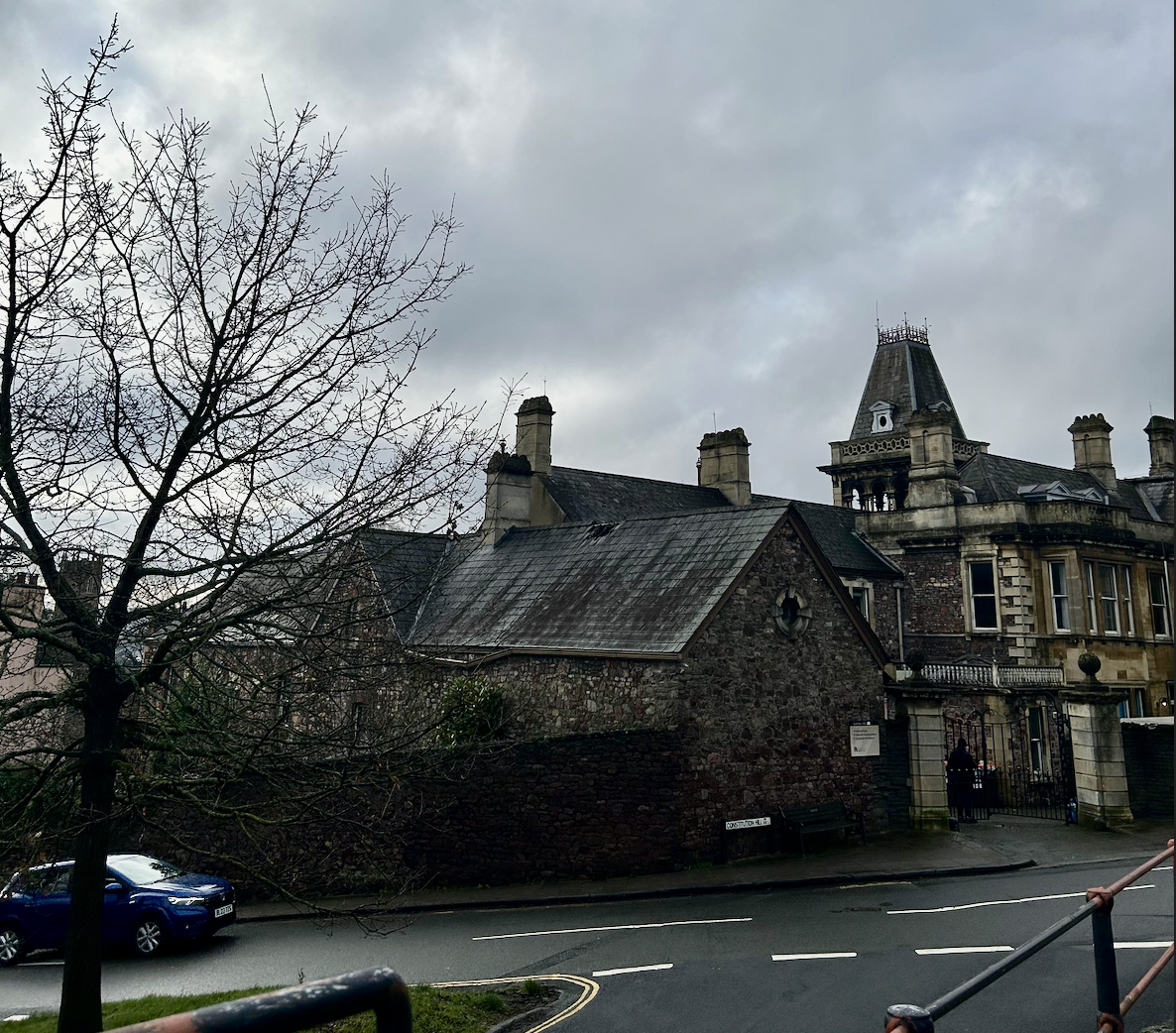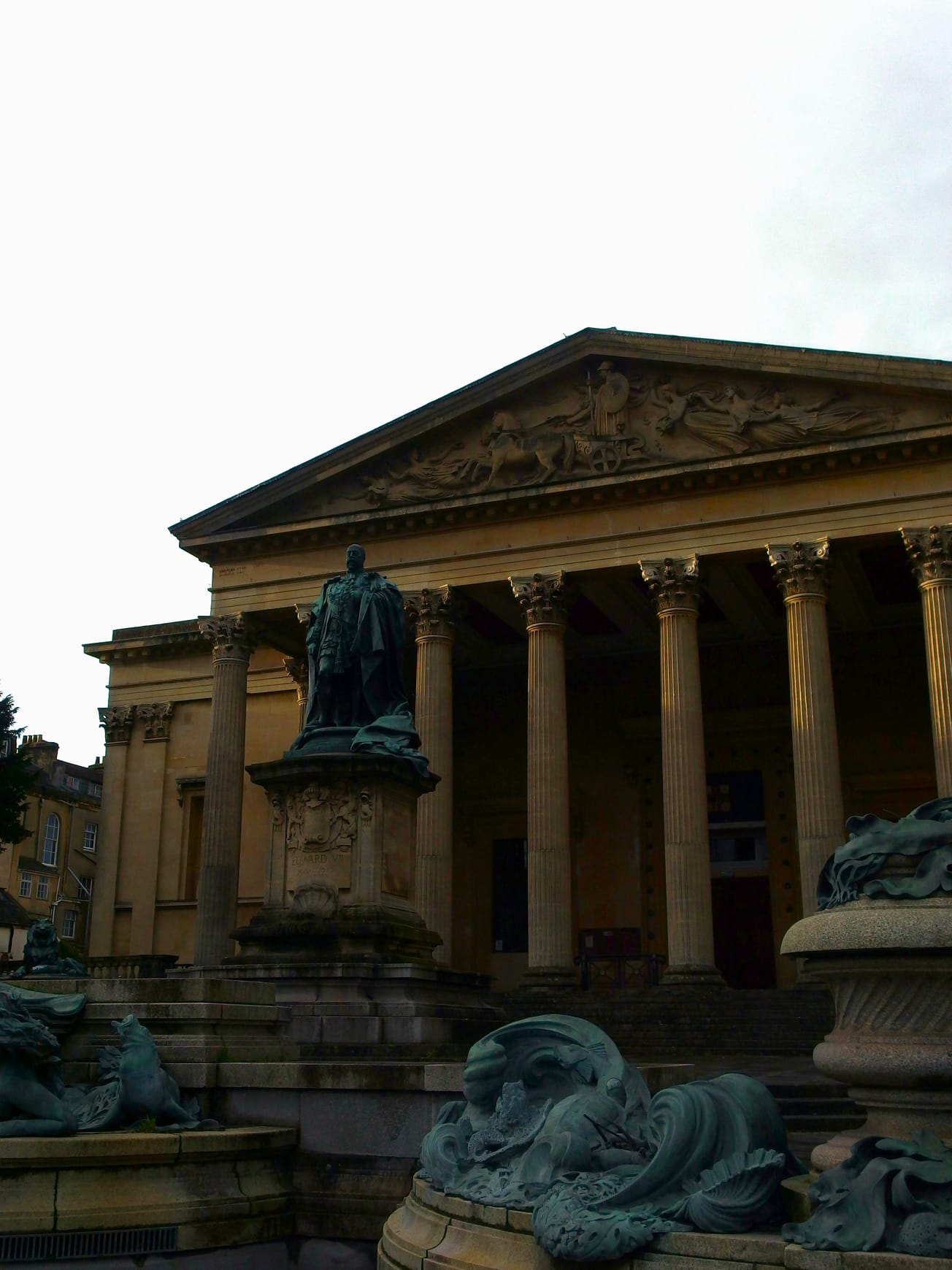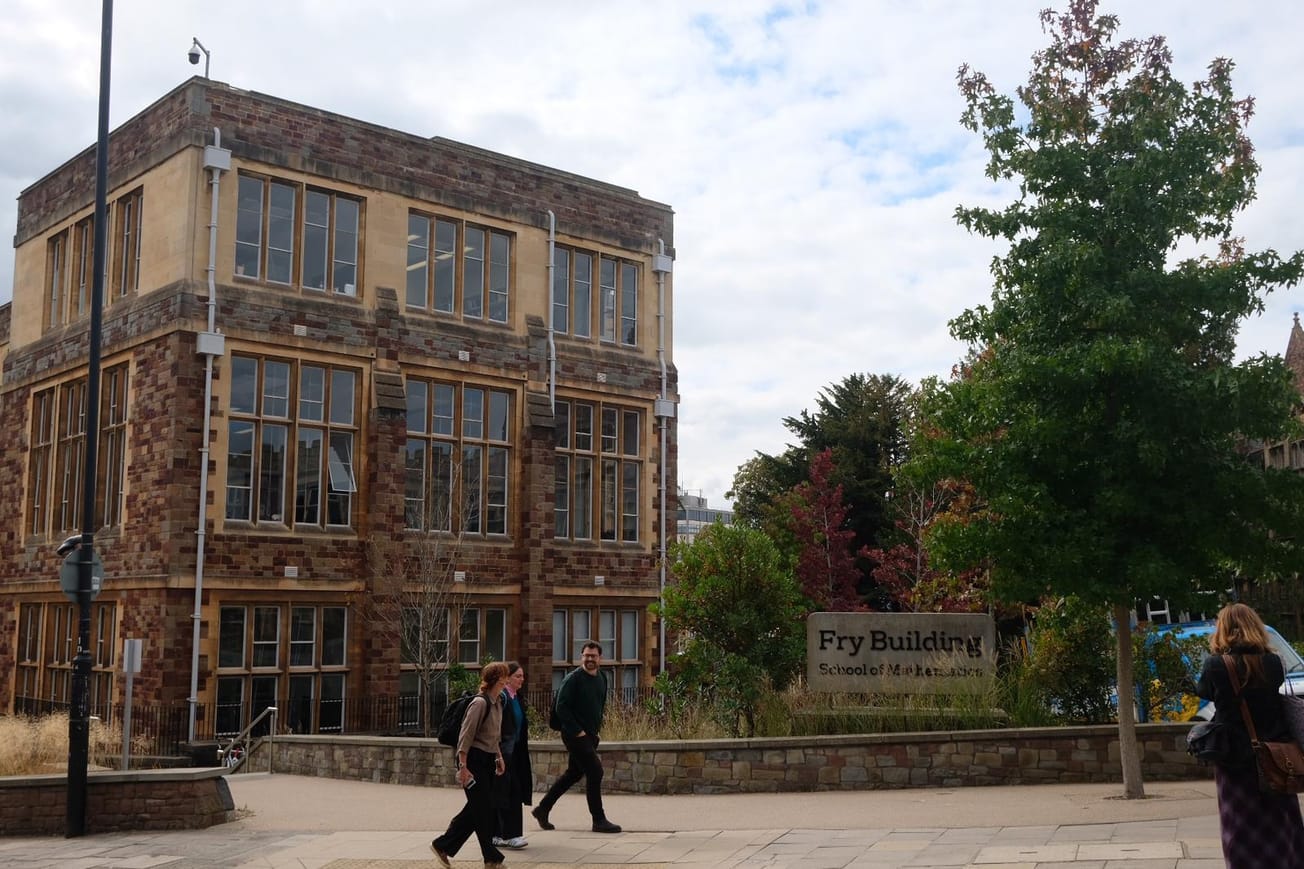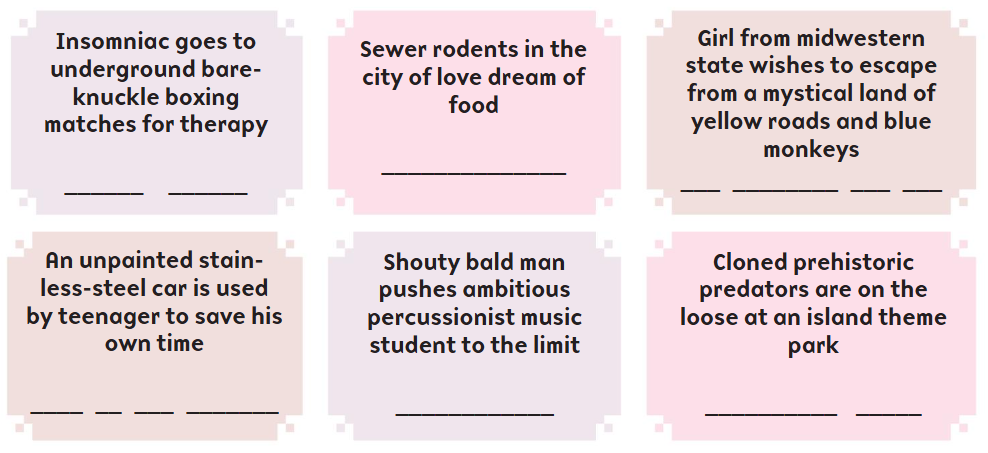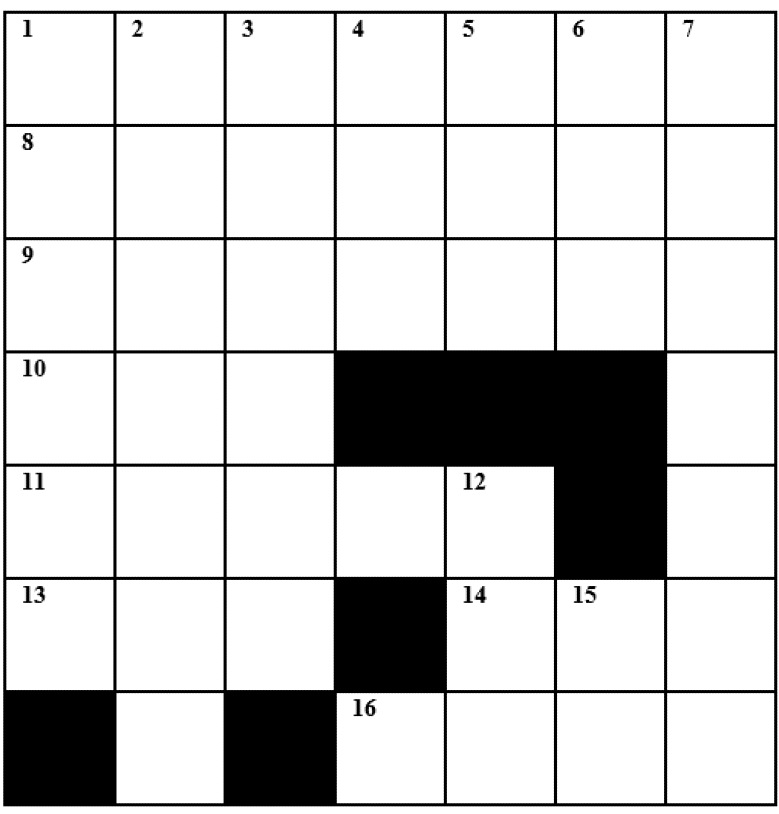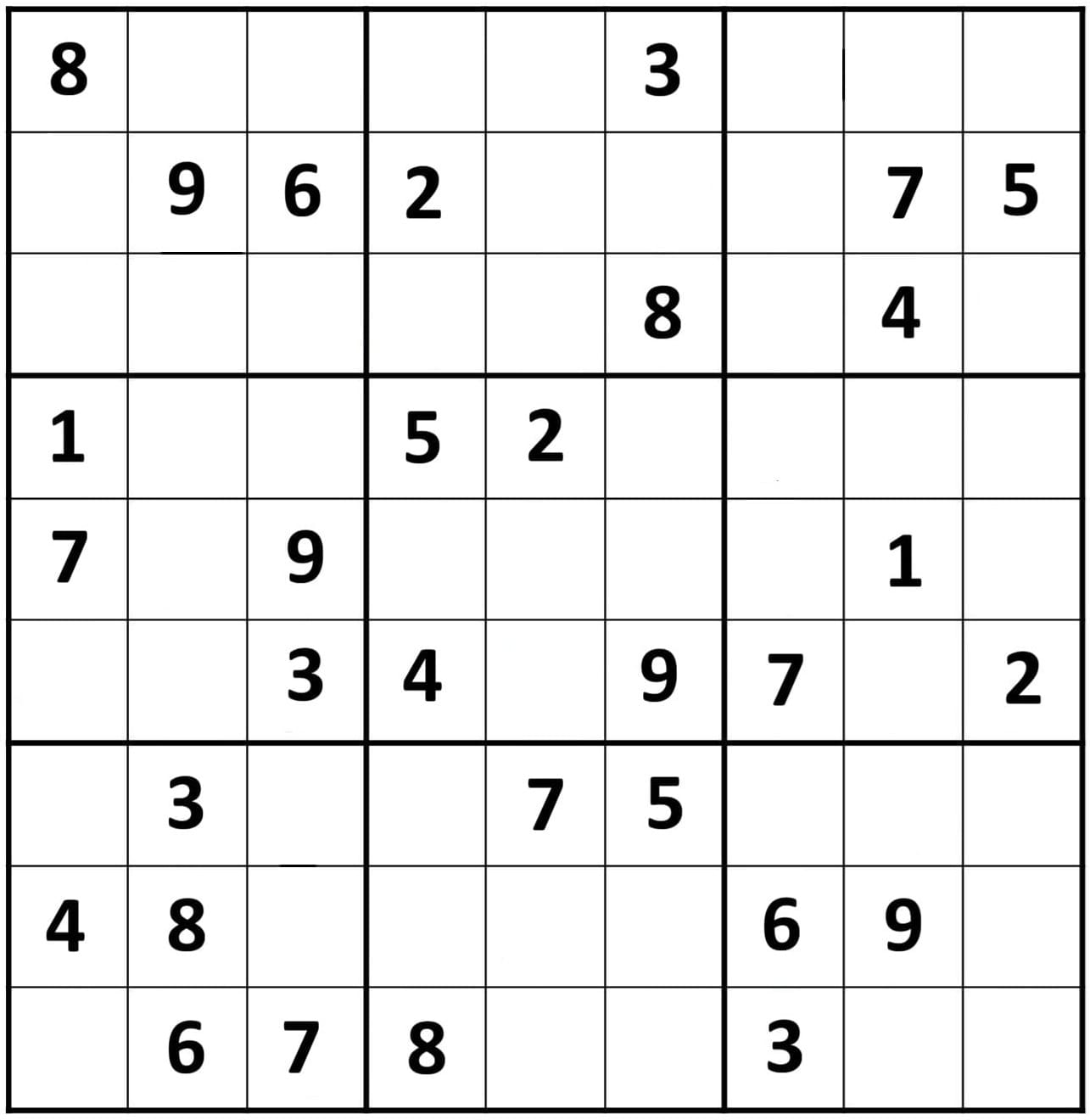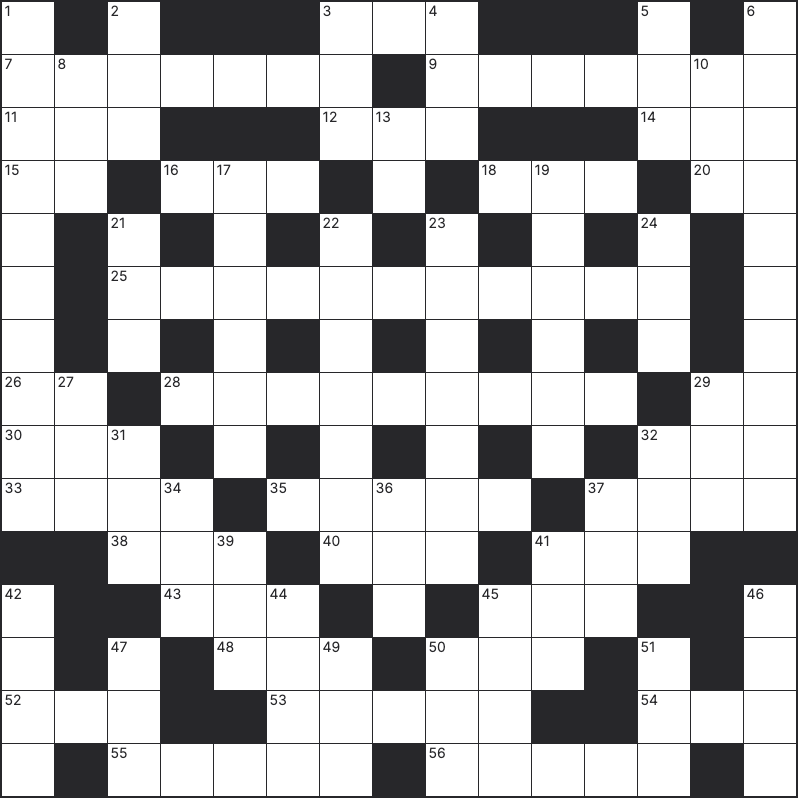By Milan Perera, News Reporter
A new augmented reality mobile phone app launched this week that guides users on an alternative tour of Bristol, using narration, art, dance, music, spoken word to explore sites and landmarks in the city which have connections to the histories and legacies of transatlantic enslavement.
The app was developed by The Cultural Assembly, as a part of the UKRI-funded Citizen Science project Decolonising Memories: Digital Bodies in Movement led by Dr. Jessica Moody from the department of history, University of Bristol with the creative partners Kwesi Johnson and Cleo Lake.
The project brought together Cleo and Kwesi’s work in dance, movement and healing, and digital creative technologies and art alongside Dr Moody’s robust research around enslavement and public memory.
Users are taken on a guided tour around Bristol’s well known landmarks such as Bristol Old Vic theatre, Queen Square, Pero’s Bridge, and the vacant Colston statue plinth.
There are multiple voices that the user come across, both the victims of the enslavement and enslavers who became wealthy on the back of the miseries of men, women and children who were conditioned to slavery. One hears the “voice” of Issac Hobhouse, the 18th century slave trader, merchant and member of the Society of Merchant Venturers.
It also draws attention to some of the iconic venues whose ties to enslavement are blurred such as Bristol Old Vic which was founded in 1766 with donations by 50 merchants out of which 15 were involved in slave trade.
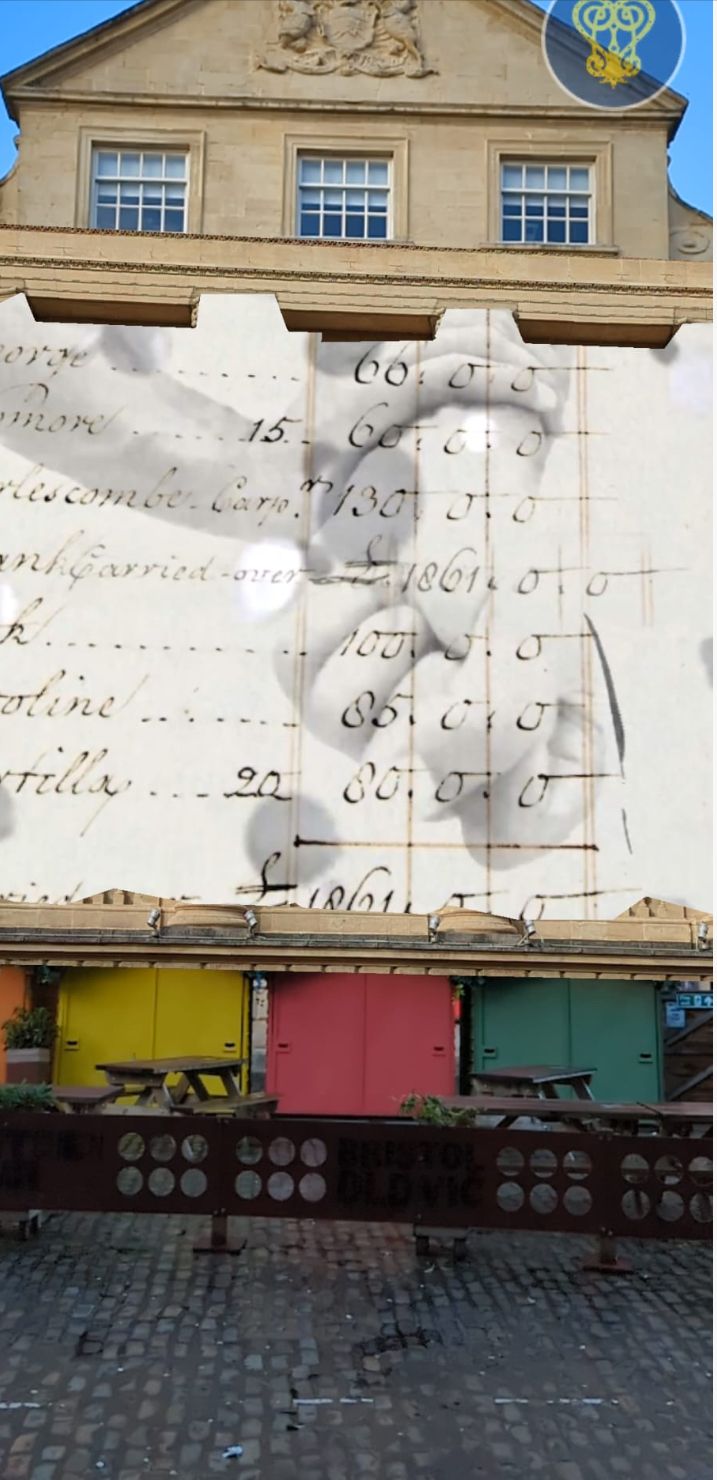
Epigram had the opportunity to speak to the three co-creators of the project. The app was launched on January 5, one year anniversary of the exoneration of the “Colston Four”. When we asked Dr. Jessica Moody if this is a symbolic gesture she pointed out that : 'This was mostly serendipitous, but we did note the anniversary and coincide the launch of the app with this. The Colston statue is intimately intertwined with the development of this project, in seeking ways to tell alternative narratives about history which provide more truthful representations of the past than current commemorations (celebrations even) of key figures in Bristol’s history through naming and statues provides.'
Dr. Moody went on to elaborate how the toppling of the Colston statue has sparked an active discourse on the legacies of enslavement : 'The toppling of the Colston statue disrupted a lot of things - it brought a lot of conversations to the fore - but after the removal comes re-building. We hope this app and this project can be part of a positive rebuilding, re-framing of past and present in Bristol, a sharing of history, art and creative engagements with the past and the way the past is remembered.'

When we asked how they describe the app to a novice, Kwesi Johnson, the Creative Director of the Cultural Assembly indicated: 'Decolonising Memory app. is a multi media, augmented reality mobile experience. It is a guided trail that takes users on a journey around key sites in Bristol, that have benefitted from the money made by individuals during the Transatlantic Slave Trade and African Holocaust, called the Maafa. Users experience a digital layer of creative content through their smartphone that is placed on top of the real world.'
Epigram also asked the co-creators how they came to conceive the idea. Cleo Lake, the artist, activist and the former Lord Mayor of Bristol pointed out: 'I guess a tangible starting point was reconnecting with Kwesi at the reGenerations dance of the African diaspora conference in Salford November 2019…Sometime after this I was paired with lecturer Dr Ryan Hanley at Exeter University for a reparations debate and afterwards Ryan introduced me to Jessica. We all met up and discussed possibilities and the conversations were supported by Professor Olivette Otele and Brigstow Institute. Our ideas which involved memorialisation, dance and tech were developed through an opportunity to be part of the Citizens Researching Together opportunity.'
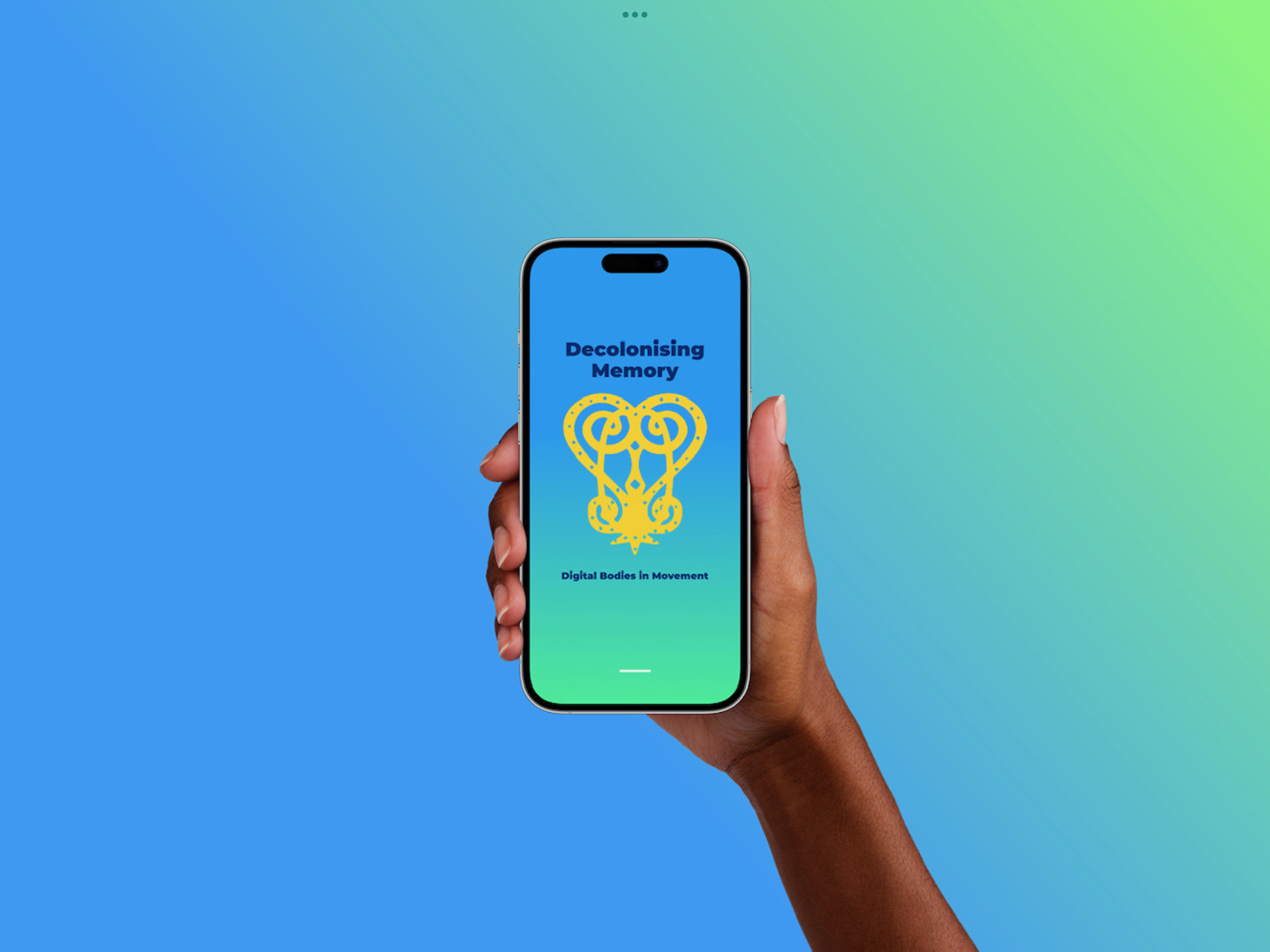
When asked what would they like the public to take from this interactive app, Kwesi Johnson is of the view that: 'For the public to understand that decolonising is a global effort. It is to prompt them to make a stand against tyranny, which has colonised 95 per cent of the planet and probably 99 percent of the world’s minds and brought us to this place.'
'To decolonise is not solely a race or land issue, it is one of the mind and memory. I would like them to realise the main issue is how the minds of people have been manipulated so they serve a small percentage of the population.'
The app by could be downloaded by visiting the Google Playstore and searching ‘Decolonising Memory’.

